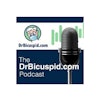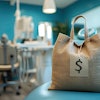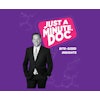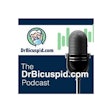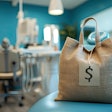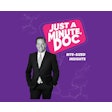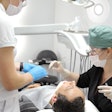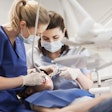Dear DrBicuspid Member,
I went to the dentist last week, and it was an eye-opening experience.
Sitting in the waiting room, I watched the front desk deal with the issues every dental office handles daily: treatment planning, scheduling changes, insurance inquiries, payment issues, late patients, follow-up phone calls, calm reassurances ... all routine, and yet not.
After a thorough cleaning by the hygienist, it was time to face the dentist. He was pleasant and professional, and I was pleased to see he washed his hands and put on fresh gloves before sitting down to examine me. He asked if I was having any problems or pain. He poked and prodded my teeth and gums, pointed out a couple of areas to keep an eye on. He scrutinized my mouth and tongue for signs of oral cancer and discussed whether we should consider correcting a subtle underbite.
Overall, I would give my dentist an A+ for that visit.
But what about those visits that don't go so well? As I sat in the dental chair, I kept thinking about Kimberly Kallestad, the Washington woman who last week was awarded $14 million by a jury for oral surgery gone wrong -- very wrong. Read more.
I also thought about Madalyn Byrne, a 19-year-old college student who died earlier this year after taking too much Tylenol for a toothache. What can the dental community do to help ensure such tragic accidents don't happen to their patients? Read what the experts recommend.
On the clinical front, amorphous calcium phosphate (ACP) continues to garner much attention as the next big thing in caries prevention. Vendors and inventors of ACP products regularly tout new studies favoring one formulation versus another. But some researchers are questioning the science behind it all.
Other cutting-edge research involves probiotics, an increasingly popular approach to treating diseases including caries, periodontitis, and halitosis that uses bacteria to fight bacteria. The findings so far are promising, but is there enough evidence to recommend probiotics products to your patients? Read what we found out here.
Outside the clinical realm, dentists must consider so many factors on a daily basis -- staffing, salaries, inventory, insurance, even rent and utility bills. Electricity costs are going up, and some dentists are turning to solar energy to power their practices and save money in the process. What about you?

